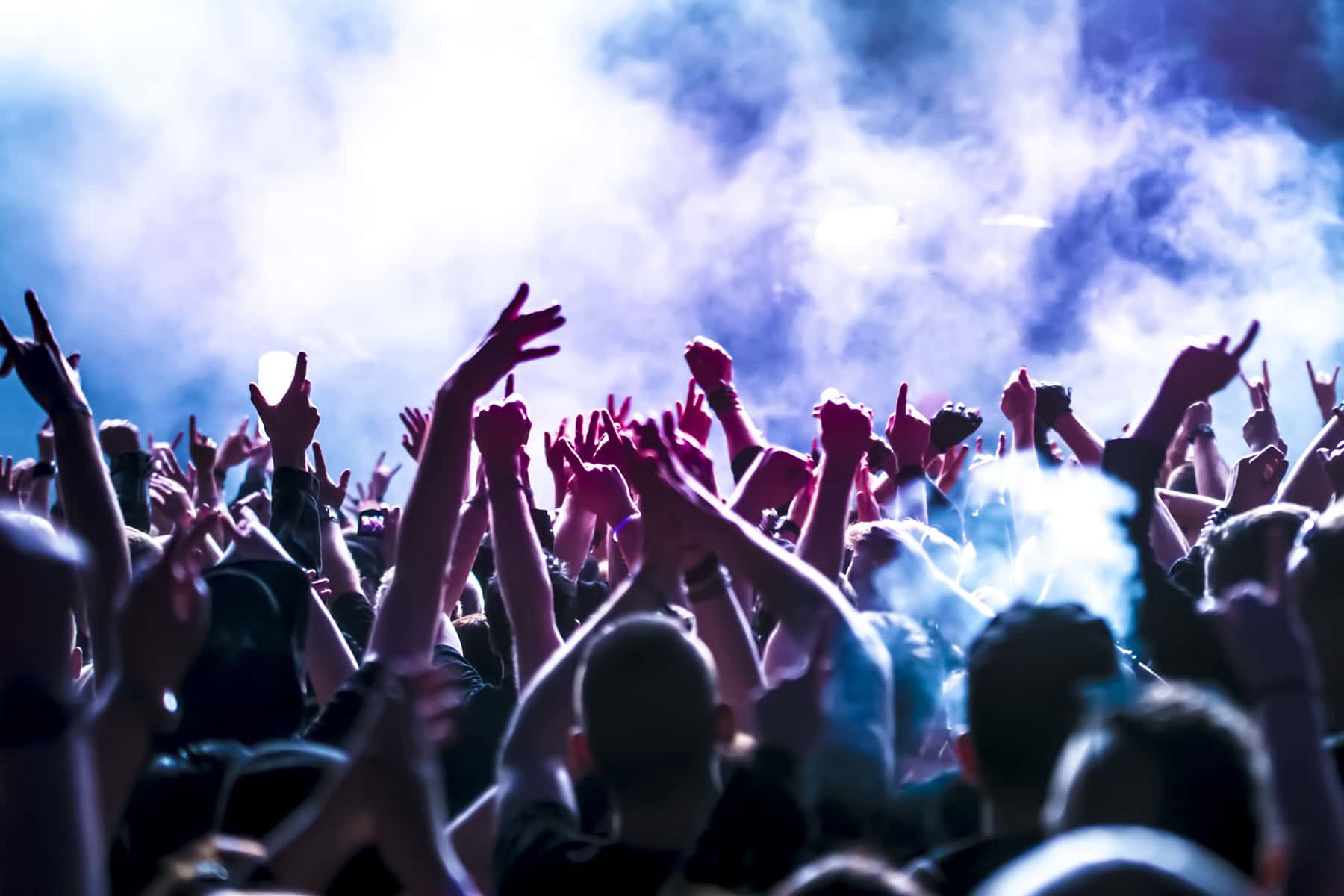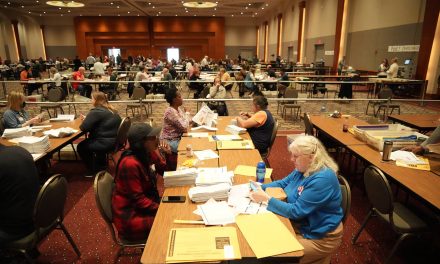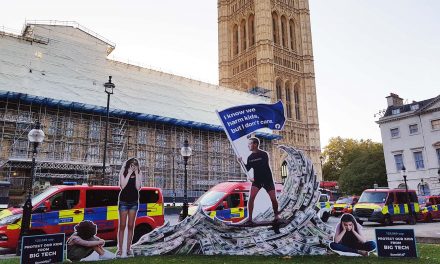
By Christine Van Winkle, Professor, Faculty of Kinesiology and Recreation Management, University of Manitoba
Around the world, festivals, sporting events, conferences and community celebrations are being cancelled or postponed due to concerns over the spread of COVID-19. Event organizers have had to make difficult decisions about how to proceed, and would-be attendees question whether they should plan to go.
In many communities, mass gatherings are banned as social distancing becomes the norm. Technology may allow some organizations to offer event experiences online, and some organizers already have plans underway. This pandemic has already led to high-profile event cancellations. With new recommendations emerging daily, both large and small-scale event cancellations are becoming more common and are affecting more communities.
To try to slow the progression of COVID-19, in ever-shifting contexts, travel and events are being postponed or cancelled, including in communities that have no known COVID-19 cases, few cases or no known community transmission of the virus. This attempt to “flatten the curve” is a public health strategy to slow the spread of the virus, to contain it and to allow time to respond. While this may be critical, it is also important to consider what may be lost when events are cancelled.
Social costs of cancellations
The economic fallout of event cancellations is making headlines. However, little attention has been paid to the social costs. Events play an important role in community life and research has repeatedly shown that attending festivals and community events has many benefits. In a study examining the social impact of events, my colleagues and I found that attending festivals is related to a sense of emotional connection. By coming together to share in a common experience, we build stronger, more resilient communities.
In a recent episode of the Ten Percent Happier podcast, Sonja Lyubomirsky, social psychologist, discussed the importance of social connection to happiness. Lyubomirsky’s work suggests that regardless of whether we are introverted or extraverted, connecting with other people seems to contribute to our well-being.
Social interaction is a common driver of event attendance and is thought to contribute to both social and individual benefits. Furthermore, we have found that the sense of belonging that people value often motivates them to attend events so that they can spend time with family, friends and their community.
Risk that events won’t return
Once an event is cancelled, there is always a risk that it will not return, and this may be a particular concern for small-budget groups already working to maximize scarce resources. Festival failure is common and frequently caused by financial issues and external forces.
For some community organizations, their annual event is the only opportunity they have to earn an income to continue existing for another year. For other events, the expenses incurred during planning cannot be fully recouped in the case of cancellation.
Long before an event takes place, the organizers have paid performer fees, rented venues and produced marketing materials. While larger events often have insurance to cover some of the losses, many smaller community-based events don’t. The recent cancellation of South by Southwest (SXSW), the interactive, film and music festival in Texas, demonstrates the pressure organizers face during uncertain times.
To survive a crisis event, organizers must clearly communicate in order to minimize the risk associated with cancelling. This can be a challenge when official guidelines are quickly evolving and speculation flourishes. Evidence-based guidelines, like those offered by the World Health Organization or national governments, must be considered. Misinformation travels quickly and so it’s important to remain vigilant and refer to official, trustworthy sources of information when making decisions about cancelling or attending events.
Support isn’t cancelled
What should you do if you have tickets to an upcoming event? Know and respond to the current recommendations within your own community or where your event is supposed to unfold. If mass gatherings are banned in your community or your local events make the difficult choice to cancel, and you are disappointed, consider ways to help festival and event organizations survive the cancellation.
Many events are run by not-for-profit organizations. Instead of simply skipping the tentative or cancelled event, consider donating, volunteering or reaching out to the organization to express your support and signal your readiness to attend events once circumstances change. These acts of giving can improve our well-being.
Festivals after recovery
This pandemic, like others, will eventually taper off. When that happens, festivals and events will be an important part of recovery. After SARS took its toll on Toronto in 2003, a SARS benefit concert featuring the Rolling Stones, Rush and other high-profile artists helped to bring visitors back to the city. Festivals and events contribute to our sense of place and our sense of community, both of which will need fostering following the COVID-19 pandemic.
Feelings of disappointment and frustration may mount as more people become affected by event cancellations in their communities. Before the pandemic passes, as it will, we have a lot to gain from showing acts of support towards festival and event organizers. We can also bear in mind the power of celebrating with friends, family and community at future in-person gatherings.
Originally published on The Conversation as COVID-19 event cancellations: Communication is key to retaining public trust
Support evidence-based journalism with a tax-deductible donation today, make a contribution to The Conversation.














